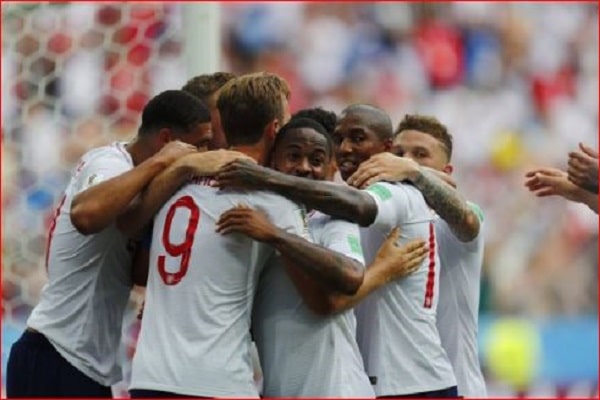The IRFU is to ban transgender women from playing female rugby. As part of changes to its gender participation policy, the governing body says players who were assigned male at birth will have to play in the men’s game even after testosterone suppression.
They say the decision affects two registered players and was taken “based on medical and scientific evidence in line with World Rugby guidance.”
In a statement, the association says it is “keenly aware that this is a sensitive and challenging area” and they will continue to work with those who are impacted by this decision.
LGBT rights group Trans Equality Together has condemned the move, calling it a “blunt tool that hasn’t sought to understand the views of those affected“.
The new policy, which is in line with that of World Rugby, the RFU and other governing bodies, will mean that contact rugby for players in the female category is limited to those whose sex was recorded as female at birth.
There are two registered players affected, in Ireland, by this change and the IRFU has discussed the matter directly with them including options to remain active in the game, such as non-contact playing formats (tag/touch rugby), refereeing, coaching, and volunteering, underlining that the IRFU values their on-going involvement in the game.
Anne Marie Hughes, Spirit of Rugby Manager, who has worked on policy development in this area since 2014, said,
“The IRFU is committed to inclusivity and has worked with the players and other groups in the LGBT+ community to explain that this change is based solely on new research related to safety. This is a particularly sensitive area, and it is important that respect is shown to all members of our rugby family and the wider community.
“We will continue to work to be as inclusive as we can be and to explore areas such as tag and touch rugby, which we know some of our players are already considering, refereeing, volunteering, and coaching.
“We continue to stand with the LGBT+ community, and while we accept that today some may feel disappointed in this decision, we want to again underline to them – there is a place for everyone in rugby, and we can all work together.”








